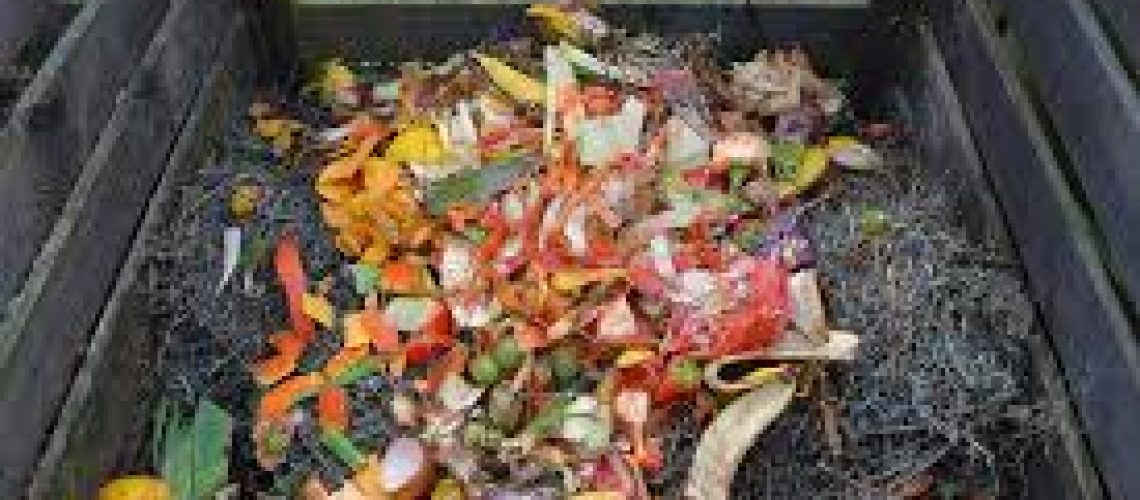Green waste basically includes the waste materials from the yard like tree stumps and branches or leaves, grass clippings, and other gardening materials. As with any other type of waste, homeowners or building administrators have to make sure that green waste is disposed of properly to ensure that it does not create a negative impact on the environment.
Proper disposal involves proper segregation and recycling to reduce the amount to be disposed of before calling for rubbish removal in Sydney to take it to the landfill or the recycling centers.
Reducing green waste to the landfill
It’s important to reduce the amount of green waste to be delivered to the landfill to the lowest amount possible to save on fees for rubbish removal in Sydney. Green waste can also cause a faster overload of landfills and emits a lot of methane as it decomposes while buried in a big pile of waste in the landfill. Methane traps heat in the atmosphere that leads to global warming.
On the other hand, compost produces carbon dioxide because it is exposed to oxygen. Methane traps much more heat in the atmosphere compared to carbon dioxide.
Burning would be an easy way to reduce green waste to the landfill but it’s a fire hazard, creates air pollution and is prohibited in Sydney.
Ways to recycle or reuse green waste
You can recycle green waste at home by grass cycling, composting, worm farming, mulching or segregate recyclable green waste for the green bins.
• Backyard Composting
Green waste together with food scraps like fruits & egg shells are allowed to decompose naturally into the soil. The product is a natural fertilizer that can help make your garden plants healthier.
• Grass cycling
Mow the lawn preferably when the grass is dry but don’t remove the grass clippings. Let it stay on the lawn to decompose.
• Worm farm
If backyard composting is difficult for you, try a worm farm. You can find a lot of information online about worm dealers as well as the proper way to set up and manage a worm farm.
• Use as Mulch
Mulching is another way to reuse green waste. Spread them on the soil surface around the plant to prevent weed growth, retain water and regulate soil temperature. When the mulch has decomposed, it adds nutrient to the soil.
• Green Bin
If you have no time to compost or reuse your green waste as mulch, segregate what should go in the green bins that are brought to locations where they are composted or used to mulch. Small branches, small plants and flowers as well as leaves and weeds are most suitable for putting in the green bin.
Preparing green waste for reuse or recycling
Not all biodegradable wastes are for composting or use as mulch. Dog and cat poop, glossy or coated paper sawdust from treated wood, soil in big quantity, onions, citrus peel are just some of the waste that should not be included.
Cut green branches that are too big for the green bin but tree stumps and gravel have no place in the green bin.
Don’t mix in your waste for recycling items that are made of plastic, glass, metal and other non-organic materials.
Benefits of recycling green waste
Recycling is not only an environment-friendly way to dispose of your green waste, but you also get free natural fertilizer and pay less for rubbish removal in Sydney. For a waste-free garden, call us today on 0402 244 036.



